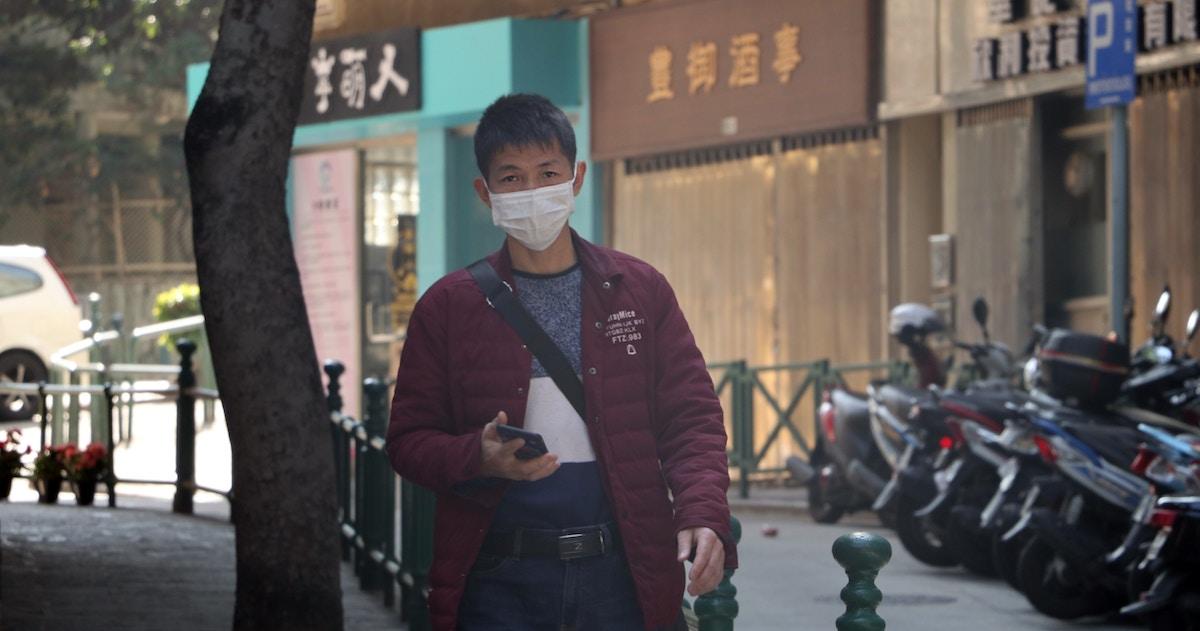With the travel industry reeling from the effects of the coronavirus, which the World Health Organization has deemed a global health emergency, how concerned should meeting professionals be about its implications for upcoming events?
As of Feb. 2, there are more than 14,000 confirmed cases of the coronavirus in China, including 304 deaths. Outside of China, there are more than 150 confirmed cases, including nine in the U.S., with one fatality (in the Philippines).
Dozens of commercial carriers have cut back or suspended flights to China, and major hotel chains—including Accor, Hilton, Hyatt, Marriott and InterContinental—have said they will allow reservations to be cancelled free of charge by Chinese travelers or people who had planned to visit China. Companies such as Google and Facebook have banned travel to the country, while international retailers such as Starbucks and Apple have shut stores there.
The U.S. government announced Friday that it will impose a 14-day travel ban on all visitors from China, regardless of their nationality. U.S. citizens arriving from Wuhan, where the outbreak is centered, will have to undergo a 14-day mandatory quarantine on arrival, while those traveling any other parts of China will face screening and monitoring.
Event security expert Alan Kleinfeld (MPI Carolinas Chapter), who has served on MPI’s Security & Risk Management Task Force, advises meeting planners to monitor the situation, but not overreact to the widespread media and social media coverage surrounding the coronavirus outbreak.
“We all too often see something in the news and freak out about it, but the reality is that there have only been a handful of coronavirus cases in the U.S. and no fatalities,” says Kleinfeld, director of Arrive Conference Solutions in Charleston, S.C. “Contrast that with the fact that 37 million American got the flu last year and 36,000 died of it—it’s a dangerous situation that we’ve normalized. Of course, what makes the coronavirus scary is that we don’t yet know how to fight it.”
For meeting planners with upcoming events in Asia or international meetings with global attendance, Kleinfeld recommends staying on alert to the latest developments and laying the groundwork for communications with attendees.
“If you’ve got a meeting coming up drawing international attendance, you’ll want to be up on what regulations people are facing if they’re coming to the U.S., including any extra screening they may encounter at airports,” he says. “You’ll want to make sure attendees know about these.”
For upcoming overseas meetings, especially in the Asia/Pacific region, Kleinfeld recommends preparing a plan for communicating with attendees to keep them abreast of any changes that could affect their travel to the destination.
If there is reason to believe the meeting could be completely derailed, are there ways to protect the investment?
“A lot will depend on the contract with the venue and how far away it is from where the coronavirus is spreading and if airlines are discontinuing flights,” Kleinfeld says. “You need to contact the venue and see if you can move the meeting without penalty.”
Primary Sources
When determining whether the coronavirus or any other situation is dire enough to cancel an event, Kleinfeld says it is essential to consult primary sources in the destination rather than simply follow the headlines, which often paint a distorted picture.
Nancy Zavada, founder of MeetGreen in Portland, Ore., found this to be true with a recent meeting in Macau and Hong Kong during the height of turbulent protests.
“What we learned is the difference between intelligence and information, not to rely on the media or social media but consult government agencies and partners on the ground who really know what is going on,” she says. “We had no problems in Hong Kong. The sensationalism can be ridiculous.”
Proactive, Not Reactive
Kleinfeld, along with meetings educator Joan Eisenstodt (MPI Potomac Chapter), believes the coronavirus is a “wakeup call” that points to the need for the meeting industry to be proactive rather than reactive regarding crises of any kind.
“There are steps we should always be taking in order to protect attendees,” says Eisenstodt, noting that previous crises such as the SARS epidemic in the early 2000s should have prompted permanent precautions. “A lot of it is the usual stuff which may seem silly but isn’t at all—providing hospital-grade wipes, reminding people to wash their hands and to refrain from hugging or shaking hands. You can do this with firmness but with some humor from a mainstage.”
Eisenstodt and Kleinfeld also believe it’s essential for planners to vet hotels and other venues about their sanitation practices.
“We all need to ask more of our vendors about what they are doing, not just in regards to the coronavirus but with all flus and other diseases,” Eisenstodt says. “For example, do they have hand sanitizers, do they provide flu shots for their employees? As planners, we need to ask hard questions and let hotels know how important this is to us. We can’t take an ostrich approach.”
Learn more about event safety and download MPI’s Essential Guide to Event Safety and Security.
More resources related to the coronavirus and its impact on meetings are offered through the Events Industry Council.



